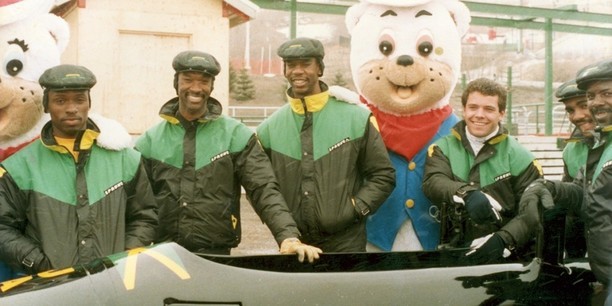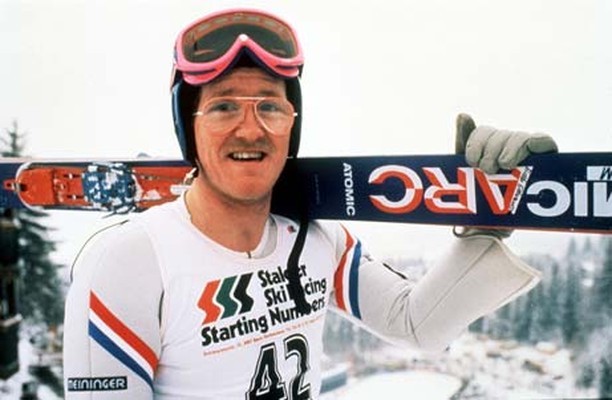Compare courses from top Australian unis, TAFEs and other training organisations.
How Being the Underdog Will Get You Over the Line
There’s a lot to be learnt from the competitors of the Winter Olympic Games. We look at why being the underdog shouldn’t be underrated.
Julia Watters
Feb 17,2014
The Sochi Winter Olympics are well under way and, unless you’ve been living under a rock, you will have seen your television screen blasted with images of Steven Bradbury’s epic and unexpected win at the 2002 Salt Lake City Winter Olympics.
Bradbury is the quintessential underdog who struck a chord with more than just his Australian fanbase when he graciously accepted the way in which he won Olympic gold in the men’s short track 1000 metre speed skating event. I once had the pleasure of hearing Steven speak at a conference and this was the first time I heard the story behind his iconic cruise to the finish line.
The truth is that Steven almost didn’t make the finals. While he won his heat comfortably, he was placed in the quarter-final with the event (and host nation) favourite and another strong skater from Canada. As expected, Bradbury came in third and thought himself eliminated, before it was revealed that the Canadian skater had been disqualified.
From this moment on, Steven and his coach devised a strategy whereby he skated behind the main pack in the hopes of a crash. This approach saw him make it to the finals after a wipeout in the semis created an opportunity for him to skate into second place. The rest, as they say, is Olympic history.
The point is that there was a lot more behind Steven Bradbury’s gold medal win than many people realise. He didn’t let ego get the better of him and recognised his limitations. In the end, the eagerness of his competitors to win did the job for him.
The Olympics will always have its hot favourites who come home with the gold, but there are plenty of other inspirational underdog stories – whether it’s snagging an unexpected medal, or making it to the games in the first place.
Jamaican bobsleigh team
Jamaica is renowned for its record in track events at the Summer Games, but not so much for its performance on the slopes. That was set to change when its infamous bobsleigh team debuted at the 1988 Winter Olympics in Alberta, instantly becoming crowd favourites. They showed significant improvement after minimal experience on a real bobsled track, and, while they didn’t technically finish after losing control of their sled, they were considered such an inspiration that they became the subject of a major motion picture, Cool Runnings.
The team went on to compete in the 1992, 1994, 1998 and 2002 games, where they finished ahead of the United States, Russia, Australia, France and some Canadian teams. While the team didn’t qualify for the 2006 or 2010 games, they are represented in the two-man even in Sochi this year. The Jamaican bobsleigh team demonstrate overcoming obstacles and improvising to achieve your dreams and it’s no wonder they made their way into the hearts of so many.
Eddie the Eagle
Eddie ‘The Eagle’ Edwards was the first competitor to represent Great Britain in Olympic ski jumping, doing so at the 1988 Alberta games. He had no sponsorship, and was clearly identifiable by his oversized glasses that would occasionally fog up pre-jump. At the time of his Olympic debut, Edwards was the British ski jumping record holder and the number nine in the world for amateur speed skiing.
Unfortunately, Eddie finished last in the 70m and 90m events but is still regarded as one of the greatest underdog stories from the games, as well as a true example of believing in yourself, regardless.
No matter what your goal is, take a leaf from the book of these underdogs – just because people say it’s impossible, doesn’t mean you can’t prove them wrong.
If you’re looking at a career in sport, there are plenty of online courses to help you on your path to Olympic (or all-around!) glory.
About the author
Julia Watters covers topics in career development, educational guidance, and workplace success in her Career FAQs articles.


